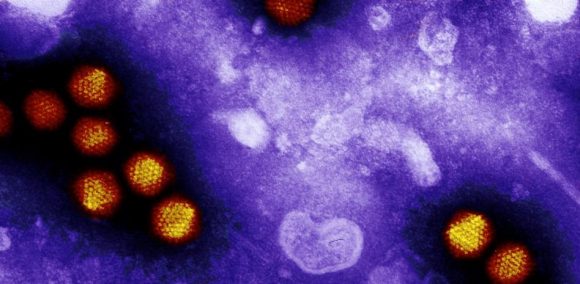
Cuba does not report any case of acute childhood hepatitis of unknown origin that circulates in the world, but health authorities are already alert and vigilant in the face of this outbreak, the national director of Public Health Epidemiology, Francisco Durán García, said on Monday.
The doctor said that doctors and other personnel in the sector are already preparing and in each province, they keep track of the children reported in the world in order to achieve effective preparation for this disease.
To date, throughout the national territory, no increase in the incidence of cases of any type of hepatitis in infants in the country has been reported, and less with the characteristics of the unknown disease.
“Any case that arrives at hospital facilities with symptoms such as dark urine, pale stools, discomfort, and digestive disorders in healthy children without apparent cause will be monitored to rule out said hepatitis,” he held.
He alleged that some 169 cases have been reported in 12 countries, of which one has already died from that cause.
In the international studies carried out, the causes have been sought to see if it is viral hepatitis A, B, C, D or E, which are known to date; and it is neither of them. Neither do toxic causes appear; however, there is evidence of adenovirus, that is, a disease that produces respiratory conditions, the expert said.
According to the World Health Organization (WHO), the mysterious disease, for now of unknown origin, has manifested itself in infants from one month old to 16 years old, and the most frequent clinical symptoms observed are inflammation of the liver with liver enzymes markedly elevated, abdominal pain, vomiting and diarrhea.
Approximately one in 10 children required a liver transplant after contracting the disease and not responding to drug treatment.
Preliminarily, scientists suggest that the causative agent of this hepatitis may be an adenovirus (it is transmitted by contact or through the air), in particular F 41, or a more aggressive variant. Nor is it ruled out that it is a virus not yet identified.
As preventive actions, the health entity recommends adopting measures similar to those applied with the COVID-19 pandemic, including frequent hand washing and covering the mouth when coughing and sneezing.
Recently, the European Center for Disease Control and Prevention reported that, of all the reported children in the world, around 40 have occurred in countries of the so-called Old Continent.
Since its first notification from the United Kingdom a few weeks ago, it has been ruled out that the hepatitis was related to the COVID-19 vaccines or possible travel.




